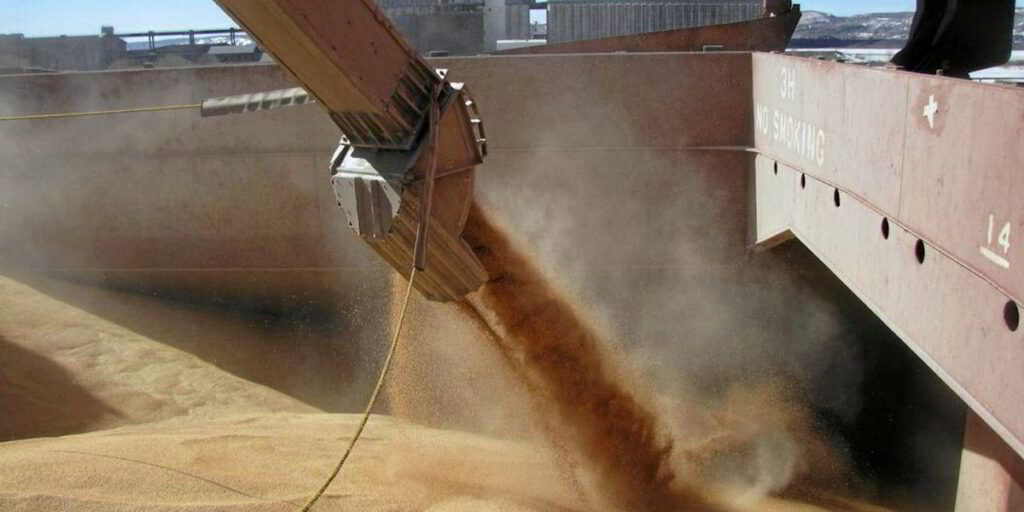Unblocking Ukrainian grain exports, which have been hampered by Russia’s blockade of Ukrainian ports and attacks on agricultural regions, is a “matter of life or death”, said European Foreign Minister Josep Borrel in the run-up to a planned agreement on opening the port of Odesa to protected trade.
“The lives of… tens of thousands of people depend on this agreement,” Borrell told the press on 18 July. The deal, currently being negotiated multilaterally between Russia, Ukraine, Turkey, and the United Nations, aims to unlock the Black Sea to some 20 million tonnes of grain which is currently trapped inside Ukrainian ports.
Part of the agreement will allow Russia to export cereals and fertilisers, which has previously been hindered by Western sanctions on Russian logistics and international shipping.
The UN had previously stated that Russia and Ukraine had made “very substantive progress” on a plan to avert a global famine by freeing up grain trapped in Ukrainian ports. UN secretary-general António Guterres has said that both parties had shown “goodwill and commitment” during the talks.
Related News
- Zelensky fires key officials over 'collaboration' with Russia
- Belgium to send new aid shipment to Ukraine
Borrel is set to meet with EU foreign ministers to discuss the war in Ukraine and the progress of the negotiations. Despite the hoped-for agreement on grain exports, Borrell insists that the EU will continue to keep up its sanctions on Russia.
“Some European leaders have said that the sanctions were a mistake. I don’t think so – that’s what we have to do and we will continue to do so,” Borrell said in response to statements made by Hungarian Prime Minister Viktor Orban.
The Hungarian leader had previously condemned sanctions on Russian agricultural exports, saying that they had failed to achieve their goal and had instead had the opposite effect.
A BBC investigation published in June proved that Russian forces have been systematically stealing Ukrainian grain to be shipped internationally to mysterious buyers in Turkey, masquerading as Russian exports.

